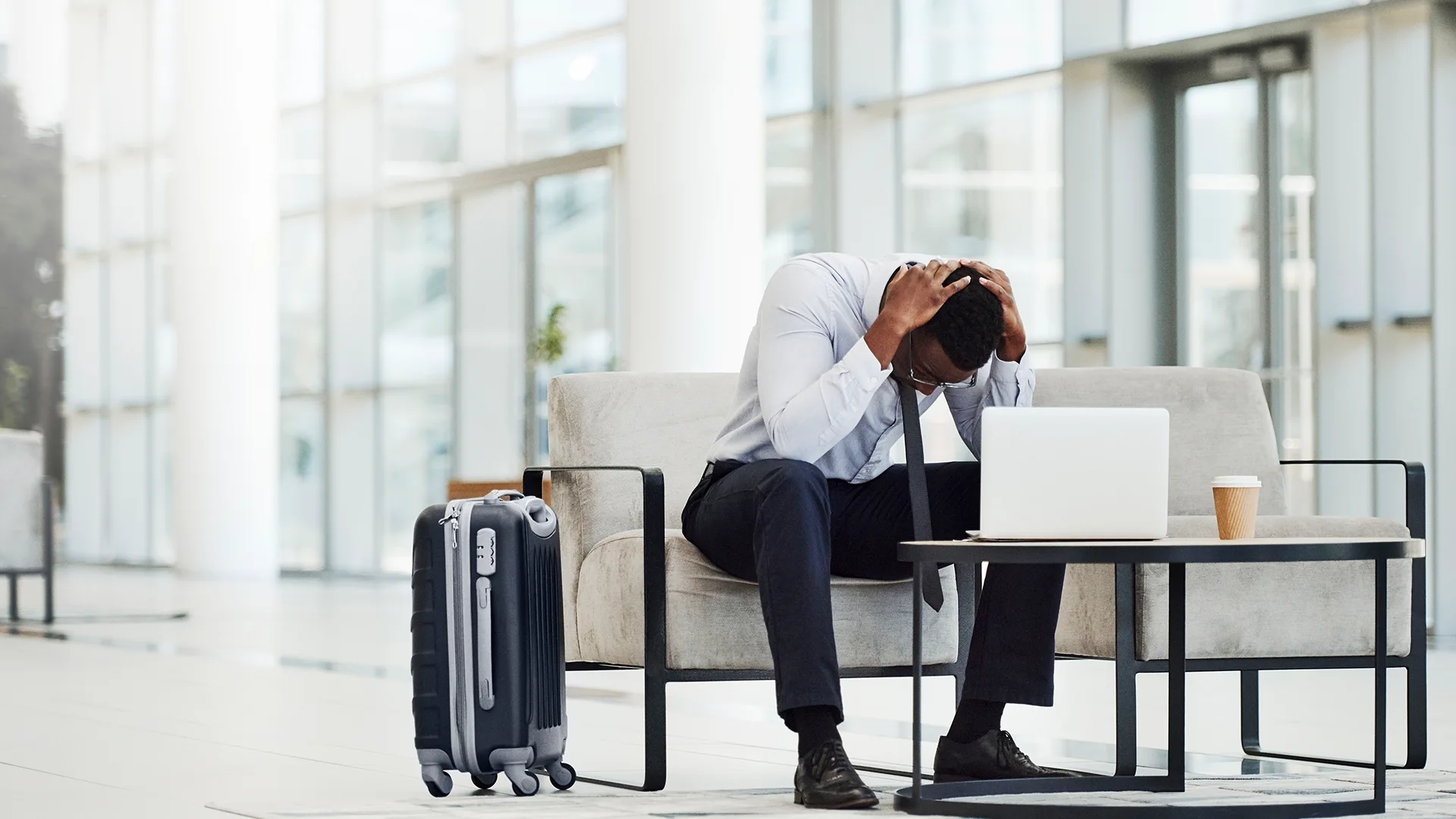
Newsletter Subscribe
Enter your email address below and subscribe to our newsletter

Enter your email address below and subscribe to our newsletter

| Getting your Trinity Audio player ready... |
Business travel can present unexpected challenges, including the potential for accidents. Whether it’s a vehicle collision, a slip and fall, or another serious incident, the aftermath can be catastrophic. Knowing how to react after such events can impact your recovery and legal standing.
Understanding the necessary steps to take following an accident guarantees that you prioritize your health, seek the right support, and protect your rights. Here’s a look at key steps to take if you find yourself in this unfortunate situation.
The priority after any serious accident is your safety. Assess your condition and the state of those around you so that you move to a safe location if possible. Even if you feel fine, seek medical attention promptly. Injuries may not always present symptoms immediately following an accident, as adrenaline can mask pain. Getting checked by a healthcare professional can uncover latent injuries that may require treatment.
Upon receiving medical care, document all findings and treatment. This documentation can serve as evidence if you file an insurance claim or need to pursue legal action later. If the accident occurred in a different state or city, be aware of the healthcare facilities available to you. Connect with local medical services and understand your health insurance coverage.
Engaging with an attorney who specializes in personal injury cases allows you to understand your rights and options moving forward. Tailored legal advice will help guide you through liability, insurance negotiations, and potential claims.
Legal counsel familiar with travel-related incidents can determine if there is a case for compensation due to negligence or wrongdoing. They will help you analyze your medical records, accident documentation, and witness statements to build a strong case. Those in the area can consult Philadelphia wrongful death legal help and have a better understanding of the local law. Keep in mind that lawyers will advocate for the best outcomes.
When faced with the aftermath of a serious accident, document everything. Gather as much information as possible at the scene. Take photographs of the accident site, vehicle damage, injuries, and anything that may have contributed to the accident, such as road conditions or weather.
Collect eyewitness accounts, names, and contact details of any witnesses. Their testimonies can piece together the events leading to the accident. Any police reports or official documentation generated during the first response should be kept safe, as they guide both your medical care and any legal claims that may arise. Be meticulous in recording details, timelines, and circumstances to provide support for your case.
Once your immediate health needs are addressed, notify your employer about the accident. Transparency in communication maintains trust and keeps your employer informed about your condition and any necessary adjustments to your work commitments.
If you were traveling for business purposes, your employer may have specific protocols in place for reporting workplace incidents. The incident should be reported through the appropriate channels, and it can provide necessary documentation for any insurance claims or legal reviews required by the company.
Interacting with insurance companies demands careful consideration. After an accident, you will need to contact your insurance provider to report the incident and initiate any necessary claims. Give an accurate account of what happened, but be cautious about providing too much detail initially. Insurance adjusters may look for ways to minimize payouts or even deny claims based on statements you make.
Document all interactions with insurance representatives, including dates, times, and details of conversations. Understand the terms of your policy and any coverage options available to you. If you’re unsure about how to approach discussions with your insurance company, discussing your situation with your legal representation helps in making informed decisions.
Your recovery process should be your top priority after the accident. Follow the medical advice given by healthcare professionals and adhere to treatment plans, attending all follow-up appointments. Give yourself adequate time to heal, both physically and mentally. Recovery can be a lengthy process and may involve ongoing therapy or rehabilitation.
Check in with your medical providers regularly to assess your progress and any changes in your condition. Keep an open line of communication with healthcare professionals to address potential complications that may arise. Serious accidents can even lead to anxiety or PTSD, which may require professional support.
Take stock of your travel habits and implement appropriate safety measures. Reflect on what occurred leading up to the incident and identify any areas where changes might prevent future accidents. This could involve adjustments in how you travel, changes in the way you prepare for trips, or increasing your awareness of your surroundings.
Participate in safety training or workshops related to travel. Staying informed about safety best practices helps mitigate risks during future travels, improving your business trip experience. Evaluating safety protocols at your company may set a safer standard for all employees.

The aftermath of a serious accident during a business trip will be much easier if you follow a clear plan. Prioritize your health, communicate effectively with your employer and legal teams, and take decisive actions to navigate the post-accident phase.